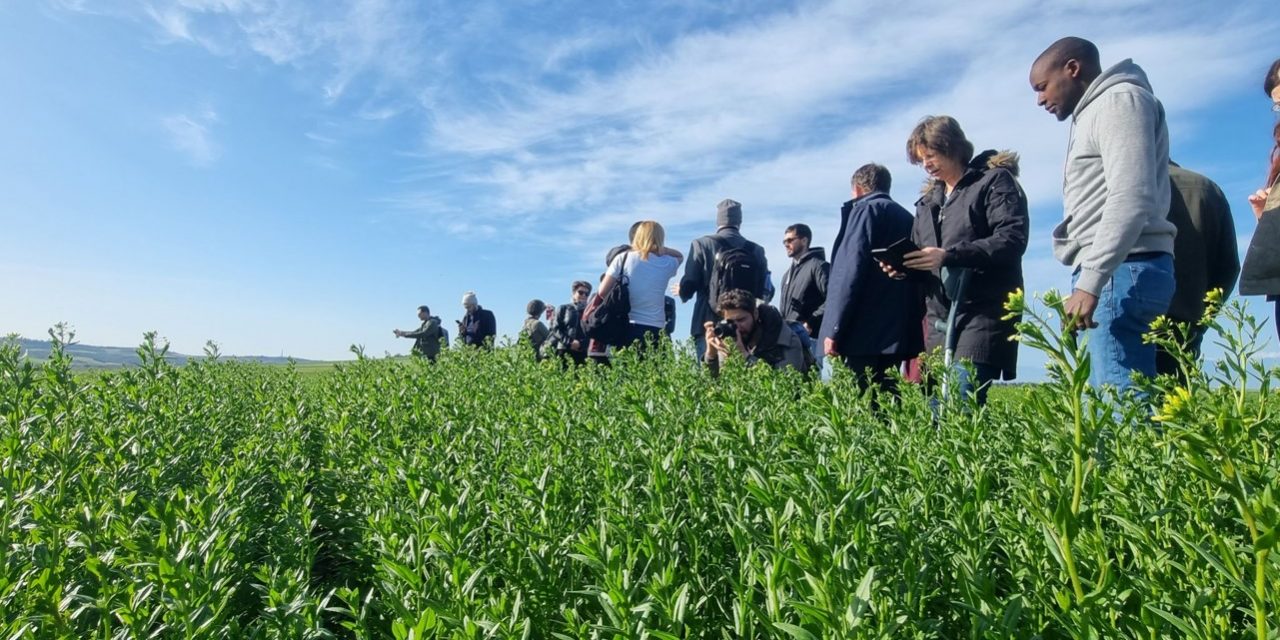AKI participated in the BIKE project series of events in Thessaloniki between 29–31 March 2023. Three colleagues represented the institute at the event, where a high level of engagement on Europe’s state of biofuels and future directions of biofuels in EUs renewable energy share were centres of the discussion.
The first day was dedicated to a round table discussion on the progress and presentation of the results from all the Work Packages of BIKE project. Discussions were centred on defining marginal lands and their potential for producing additional biomass feedstocks. In pursuit of defining marginal lands, the carbon content in the soil was one of the elements that dominated the discussion. The consortium unilaterally agreed that having a single reference value would be detrimental as climatic conditions vary significantly across Europe. To support increased production of additional biomass without increasing competition for food and feed while inducing land use change, the consortium proposed the revision of Annex IX of RED II (Renewable energy directive 2018/2001/EU) to include crops that have proved viable during the project. The consortium emphasised the importance of a strong collaboration between DG ENERGY and DG AGRI in implementing the low ILUC risk regulation.
On the second day, the BIKE consortium built relationships with 12 other EU research project consortia (MAGIC, MIDAS, GOLD, MAiL, GRACE, BECOOL, CARINA, BIO4A, CERESiS, Phy2Climate, MarginUP!; Forte) in three topics: a) possibilites of yield increase b) cultivation in marginal areas, c) contaminated areas and phytoremediation. The main objective of the workshop was to share results from the projects and determine areas of collaboration and future areas of cooperation to realise the EU renewable energy targets. The workshop was graced by Dr. MARIA Georgiadou from DG Energy. She emphasised how research across renewable energy in Europe had evolved over the past and, based on her expertise, the value chain outcome can be realised in the long term.
On the third day, the consortium visited two different sites in the framework of a BIKE Open lab and observed how Winter Camelina (Camelina sativa) was introduced as a cover crop to suppress weeds, improve soil quality and provide additional biomass feedstock. Although the field trials were presented at varying population densities (6 & 9 kg/ha) the responses were quite positive, and there were no weeds in the field.



 HU
HU




